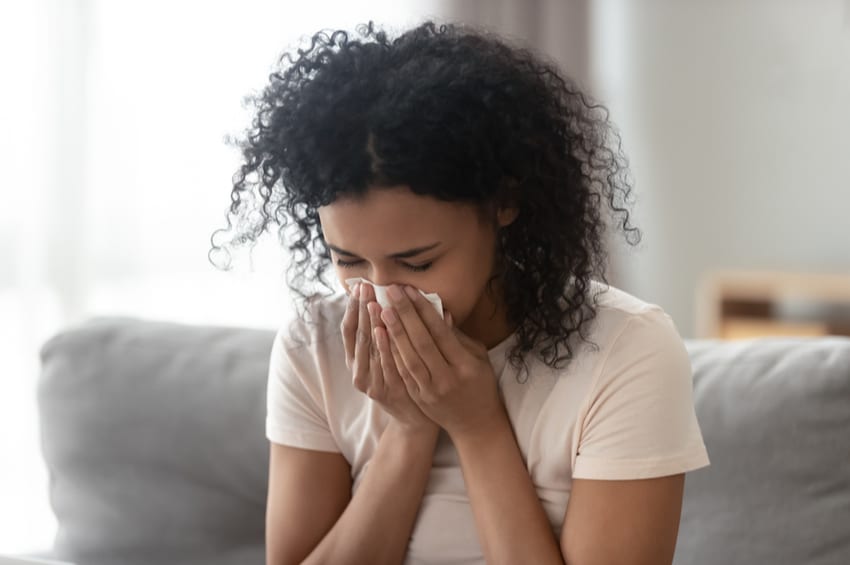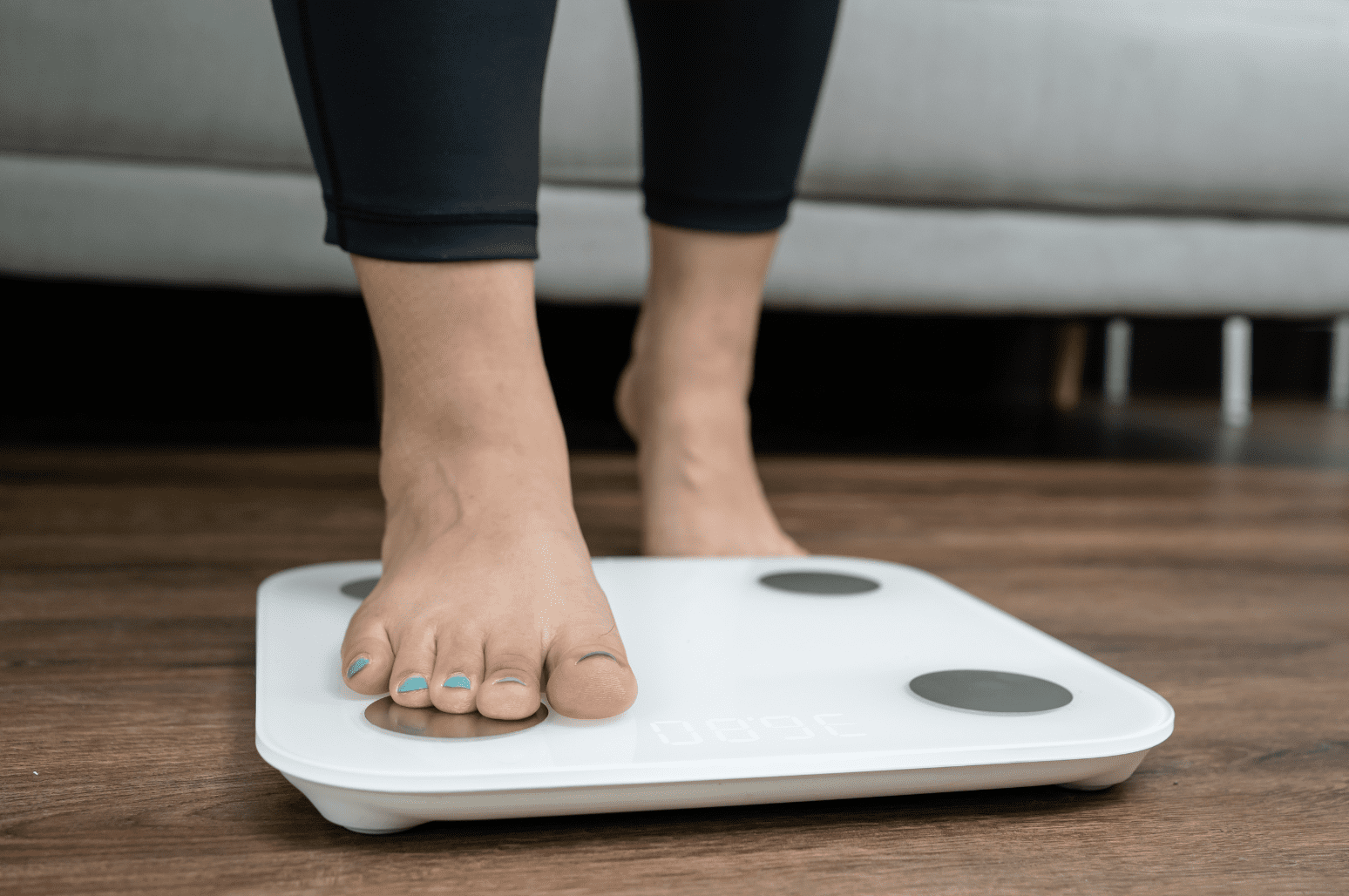
When sugar is off the menu, stevia is a popular keto sweetener. This low-calorie natural sweetener is convenient, keto-friendly, and affordable, but does that mean it’s right for everyone? Can stevia cause allergic reactions for some people? Let’s discuss stevia and allergies.
What is Stevia?
Stevia is a sugar alternative derived from the leaves of the Stevia rebaudiana plant native to South America. It’s been used for centuries as a natural sweetener and medicinal herb for ailments, such as stomach pain and burns.
Stevia is 200 times sweeter than table sugar, and it doesn’t affect blood sugar, which makes it useful for those looking for a sugar alternative on keto. You can use stevia in recipes, beverages, desserts, and more. The sweetener is available in different forms, such as liquid or powdered. Some stevia products come with added fillers and ingredients. Always look at the ingredient panel because even if a stevia product is listed as pure stevia or stevia in the raw, it may contain added fillers like maltodextrin or dextrose (which are basically just sugar).

Can Stevia Cause Allergic Reactions?
Stevia is from the Asteraceae plant family, which are known to cause types of allergic reactions for some people, such as:
- Respiratory allergy from pollen exposure
- Food allergies from consuming the plant products
- Contact dermatitis (inflammation of the skin) from plant proteins
Because stevia is related to various plants well known to cause allergic reactions, some experts recommend that those with allergies to related plants shouldn’t use stevia. They claim the immune system could also react to the stevia because the stevia contains proteins that are structurally similar to ragweed. There’s also the idea that people, in general, can be allergic to any food or plant product, and stevia is no different.
There’s little evidence that stevia causes allergic reactions in people with allergies to Asteraceae plants.
Most stevia products are highly purified and likely don’t contain allergens and antigens that can spark reactions. Crude stevia extracts like the ones you find at health food stores might be more likely to cause an allergic reaction in those allergic to Asteraceae plants.
Some people also point to the fact that many stevia products on the market are chemically altered, bleached, and sometimes including genetically modified (GMO) fillers that might set off an immune response.
The most common symptoms of food allergies to look out for include:
- Swelling on the lips, tongue, throat, or other body parts
- Itching or tingling in the mouth
- Wheezing and trouble breathing
- Nasal congestion
- Hives and skin itching
Should You Use Stevia on Your Ketogenic Diet?
If you have a known allergy to Asteraceae plants, you might need to avoid stevia, but the evidence isn’t clear on this. It’s best to consult with your physician or healthcare practitioner and share any dietary concerns you have.
It isn’t definitive whether people with a history of allergic reactions to Asteraceae plants should steer clear of purified stevia products due to an increased risk of allergic reactions.
Many doctors believe you should listen to your body, and symptoms are your body signaling something is wrong. If you feel just fine after consuming stevia, you probably have nothing to worry about. If you notice you feel differently, for example, you have a slightly itchy throat after sipping a stevia-sweetened latte, you might be in the small group of the population with a stevia sensitivity, and you might need to avoid it.
You could try consuming it in very small doses until you know and keep a food log or diary if you seem to eat a lot of stevia-containing foods. Note how you feel immediately after consumption and several hours later. Stick with higher-quality purified stevia extracts. It’s also important you avoid foods or beverages with other ingredients you could be reacting to, such as monosodium glutamate (MSG).
Do You Use Stevia on Your Ketogenic Diet?
Have you experienced any symptoms after consuming stevia? If you consume stevia with no problem, what’s your favorite type, and how do you use it? Chat with the keto community here at Ketogenic.com!










With Stevia I get an immediate bitter aftertaste which has lead me to believe that Stevia wasn’t all natural. It may be that some other sugar replacement in the Stevia may be giving me the aftertaste. I do know that Aspartame gives me a bitter aftertaste 20 minutes after consumption. I have not found a sugar replacement that doesn’t have a bitter taste to it.
Also, I am allergic to several pollens, including ragweed.
I have hayfever and whenever I drink a beverage with Stevia in it, I sneeze and develop asthma symptoms. They should put warnings on the labels.
I totally get a histamine reaction from stevia containing products!
I definitely breakout into hives if I consume anything with stevia in it
I have noted that after consuming drink containing stevia leaf, that I have obvious asthmatic symptoms, like wheezing, difficulty breathing, coughing, bringing up phlegm. I will be eliminating all stevia from my diet as the symptoms seem worse each time I consume it. Symptoms are quite frightening.